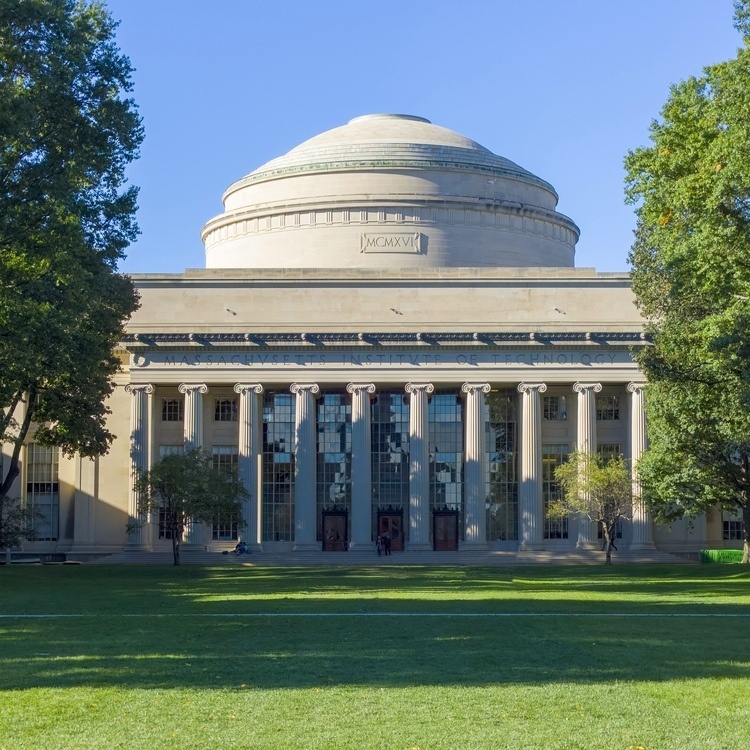
Katya Tsimring Thesis Defense: Cellular and Synaptic Basis of Binocular Circuit Development in Mouse Visual Cortex
Description
Speaker: Katya Tsimring
Advisor: Mriganka Sur
Date/time: Wednesday, May 8 2024 at 2:30pm
In-person location: Singleton Auditorium 46-3002
Title: Cellular and Synaptic Basis of Mouse Binocular Cortical Circuit Development
Abstract:
During the critical period in postnatal development, the binocular primary visual cortex (bV1) is refined and establishes a singular three-dimensional visual percept, crucial for depth perception and spatial processing. Research in mouse bV1 has revealed that the population of binocular neurons and their visual responses to the contralateral and ipsilateral eye undergo changes during this critical period to become aligned to same visual tuning properties, such as orientation preference. However, the mechanisms that underly the maturation and alignment of binocular responses in mouse bV1 remain unclear.
In this thesis, we explored the cellular and synaptic mechanisms that contribute to the refinement of monocular and binocular response properties in mouse bV1 neurons during the critical period, spanning from postnatal day (p)22-24 to p32-34. By performing two-photon calcium imaging of chronically tracked neurons, we demonstrate that responses from the contralateral eye serve as a template for the strengthening and alignment of ipsilateral eye driven responses in bV1 neurons. In line with previous studies, we find that bV1 neurons experience dynamics in their eye-specific responses. These functional changes coincide with restructuring in the functional connectivity of the bV1 network and formation of sparse, co-tuned neurons. Furthermore, we show that this restructuring enhances visual encoding of information from the ipsilateral eye, highlighting the importance of the critical period for the maturation of ipsilateral eye inputs. By chronically tracking the structural and functional properties of dendritic spines on bV1 neurons, we find substantial turnover of dendritic spines, with only 40% remaining after the ten days of imaging, as well as shifts in the functional properties of retained spines. Spine retention is associated with both the overall rate of calcium activity and activity at the soma's preferred visual stimuli, suggesting a role for Hebbian plasticity in the refinement of binocular circuits. Additionally, we find that a localized organization of correlated visual inputs emerges along dendritic branches of V1 neurons over development, implicating the involvement of heterosynaptic interactions. By developing a computational model of critical period turnover, we reveal that removing heterosynaptic interactions prevents orientation matching at the soma, indicating that Hebbian plasticity alone cannot drive this alignment.
Together, our findings offer critical insights into how cellular and synaptic mechanisms shape sensory circuits and enhance sensory encoding in visual cortex during a key window of development – shedding light on the fundamental processes underlying the development of sensory perception.

